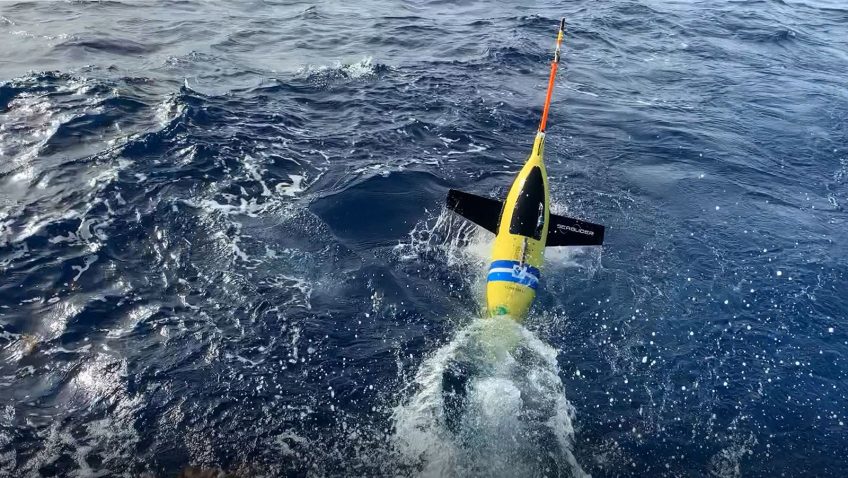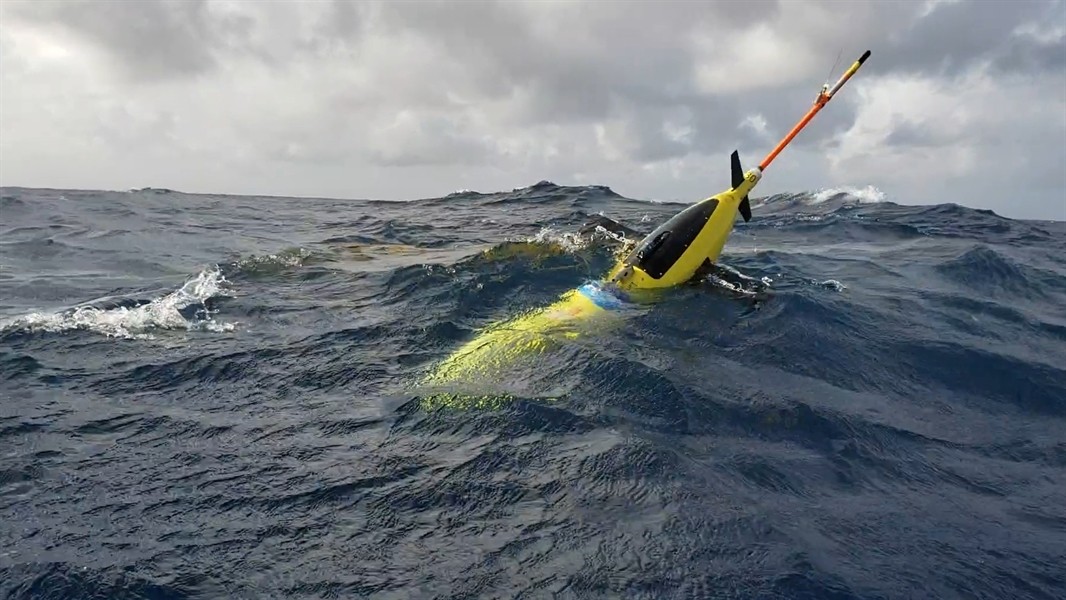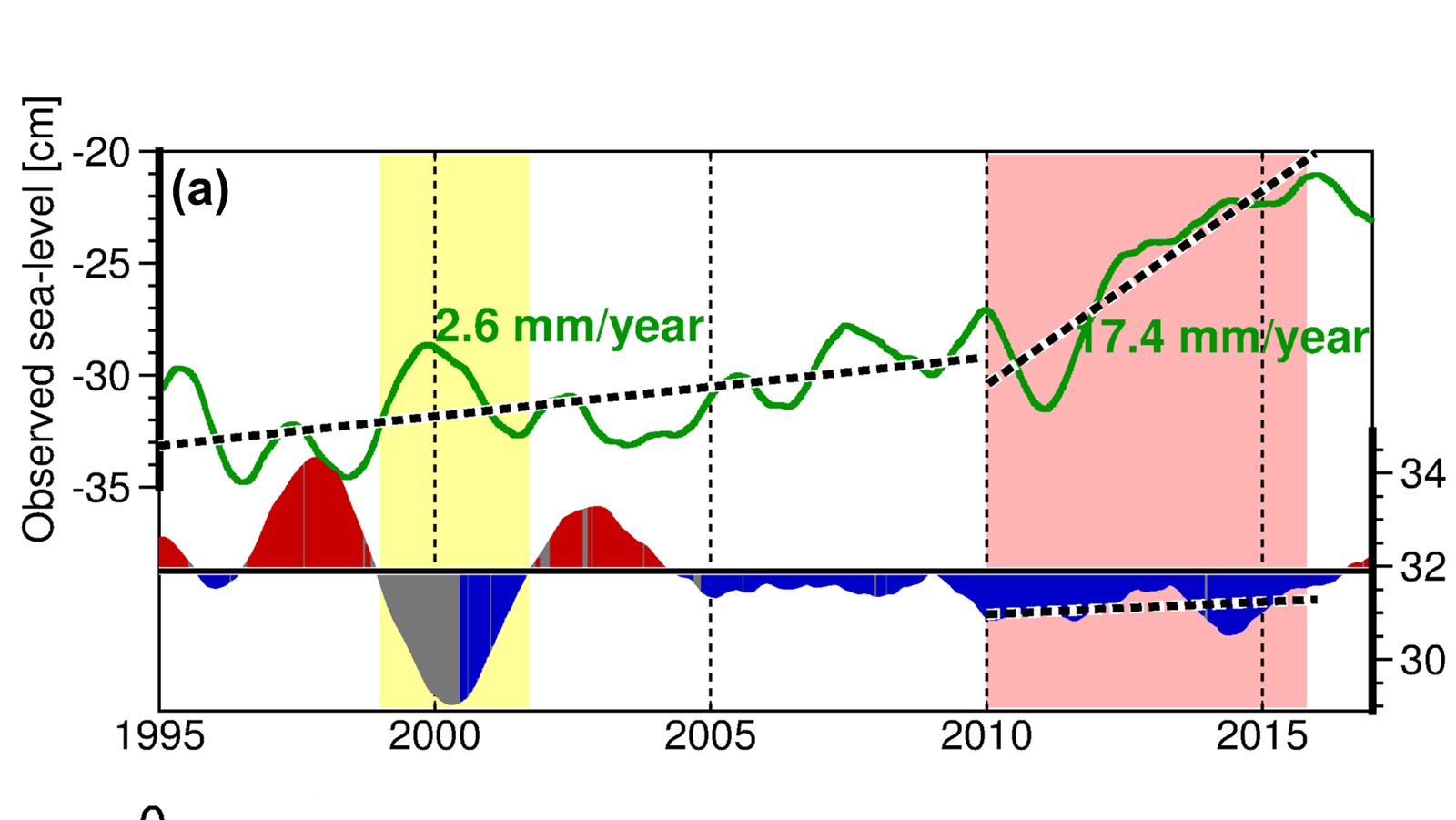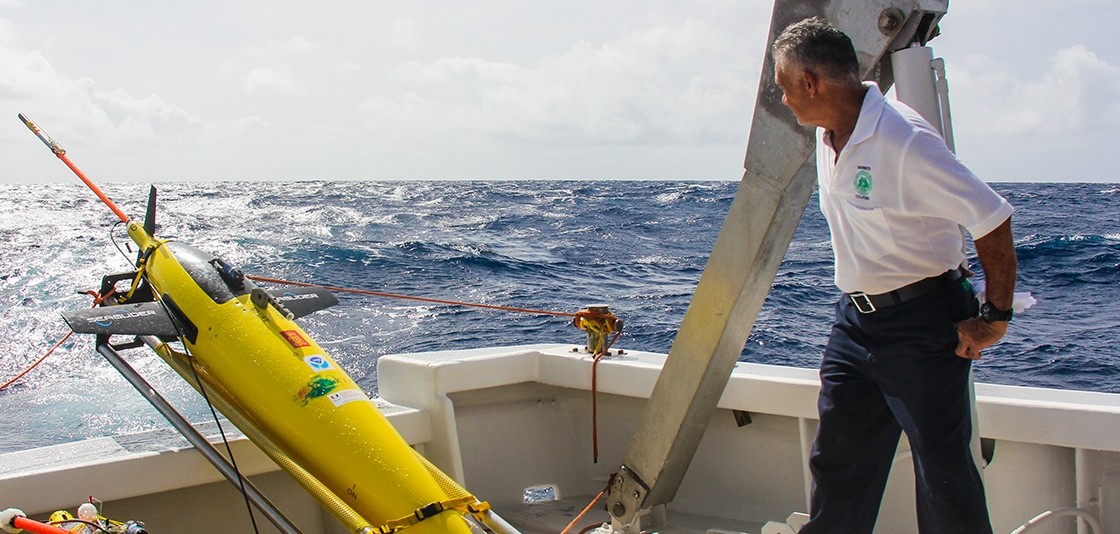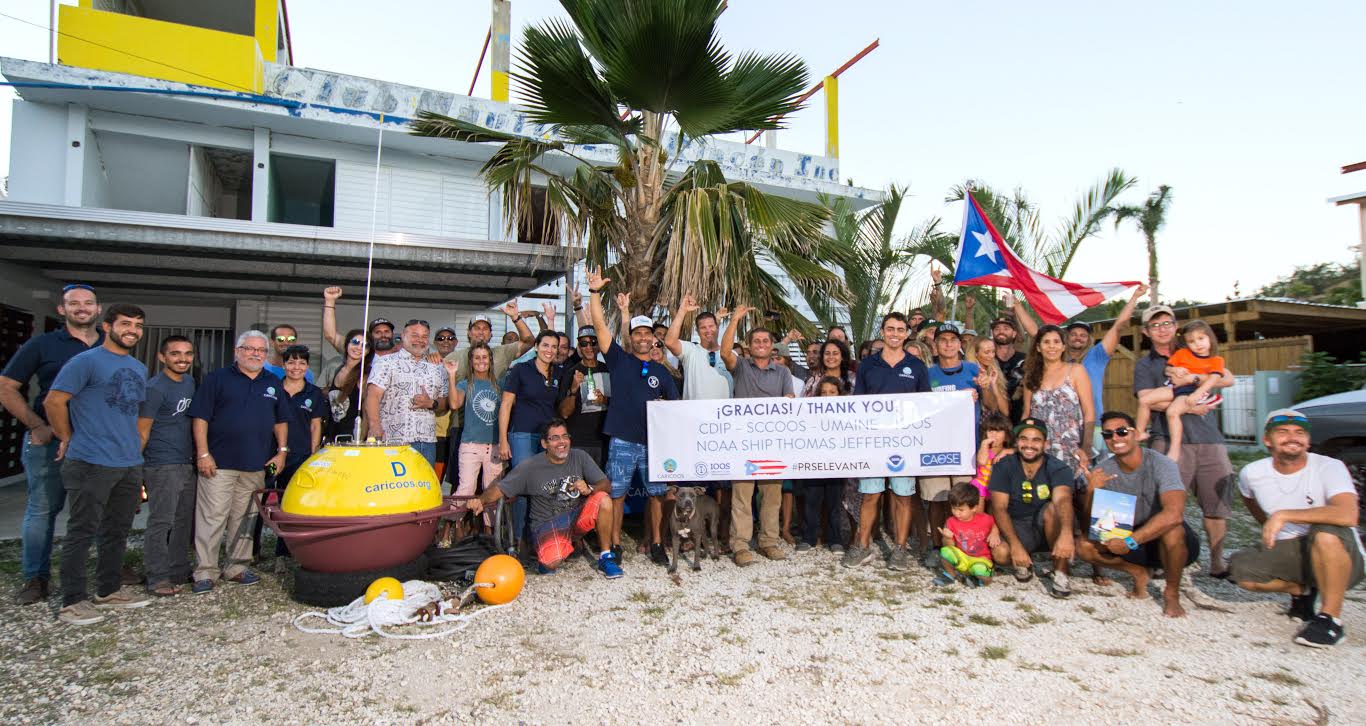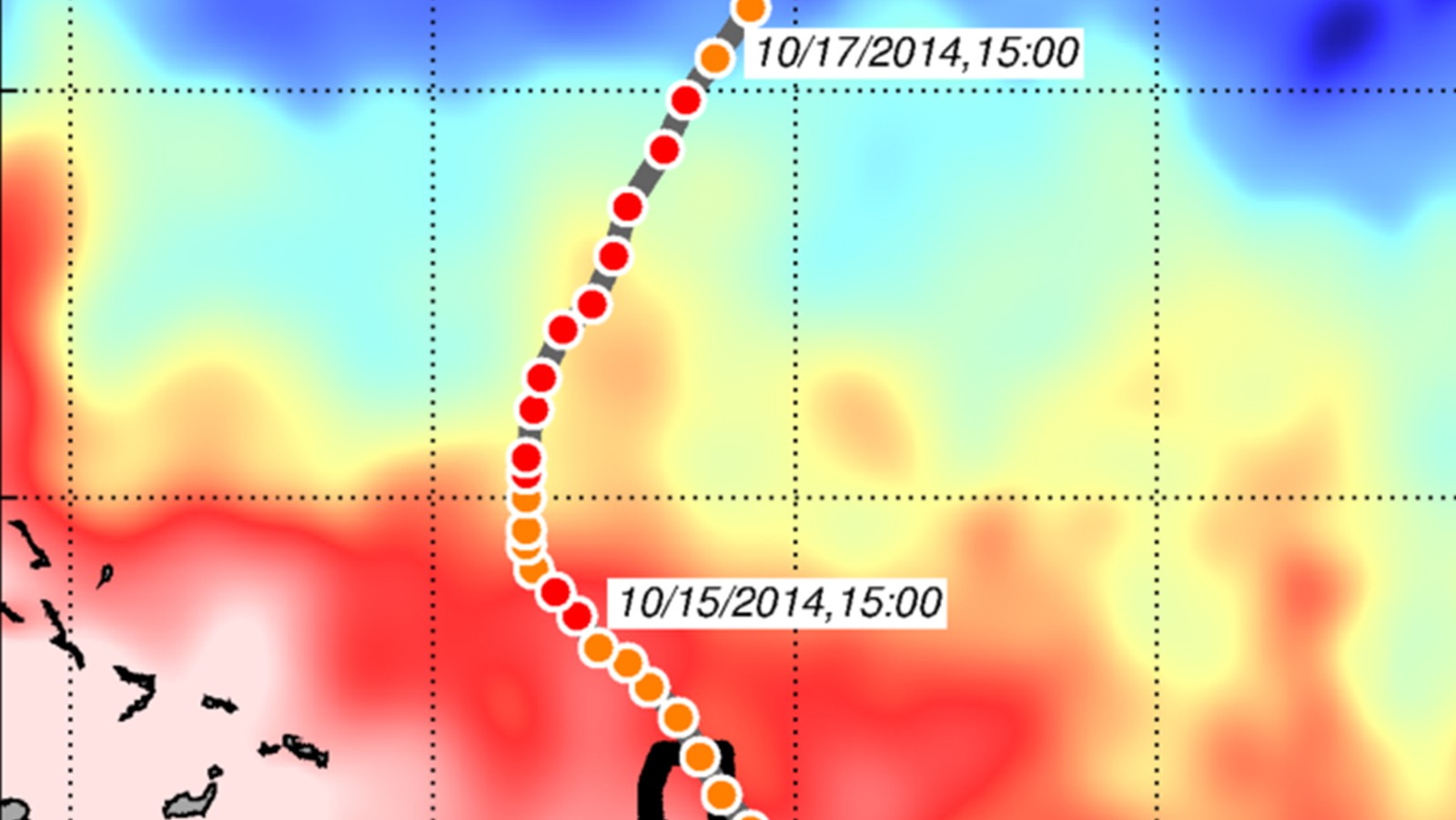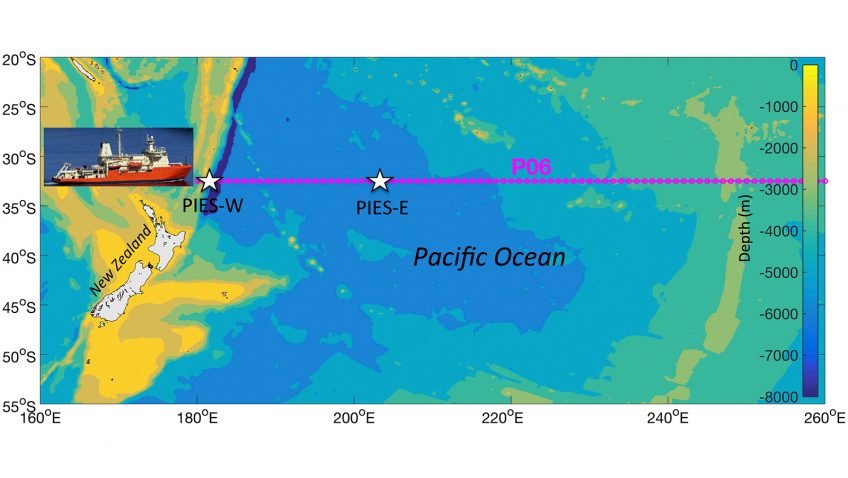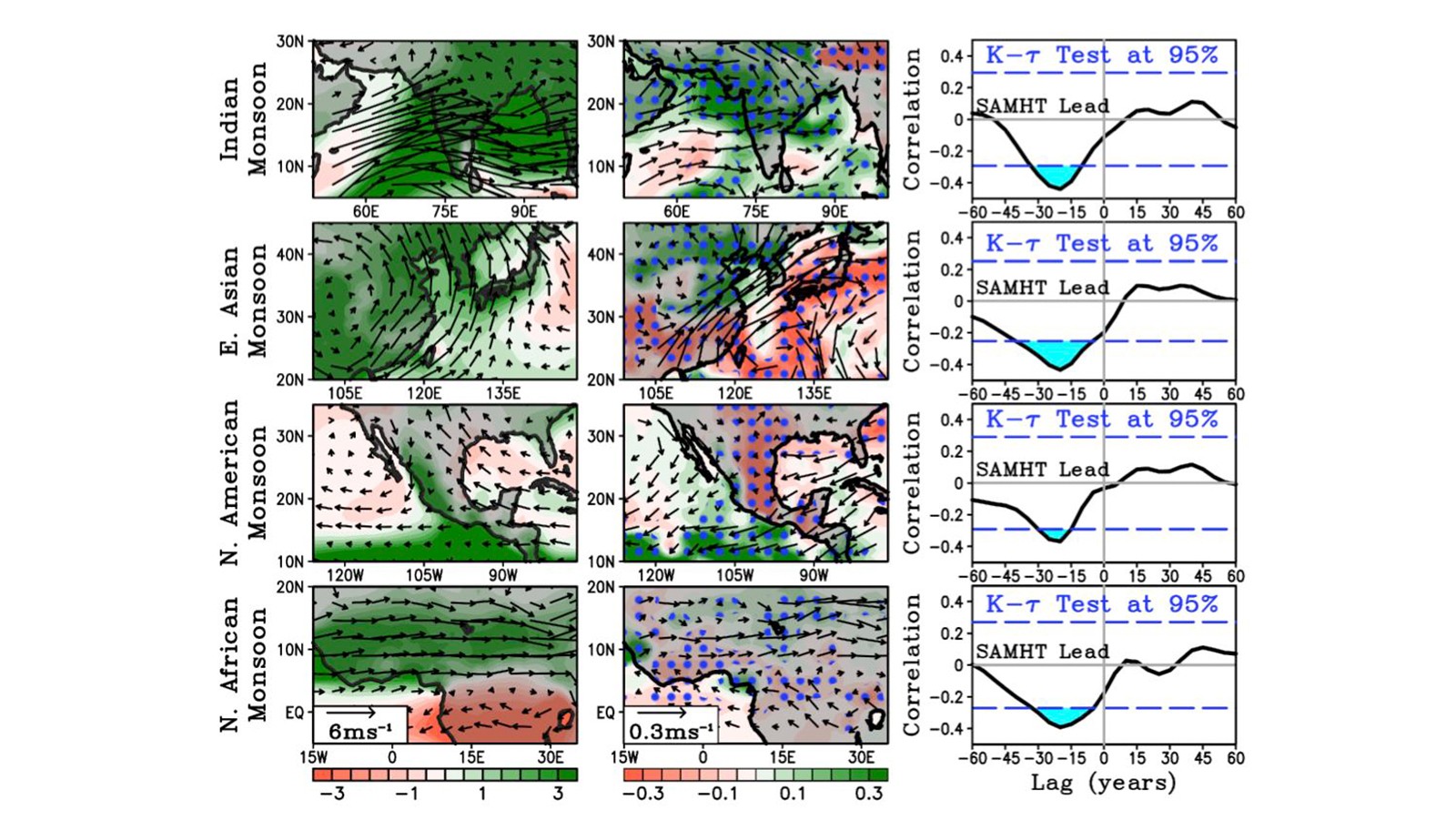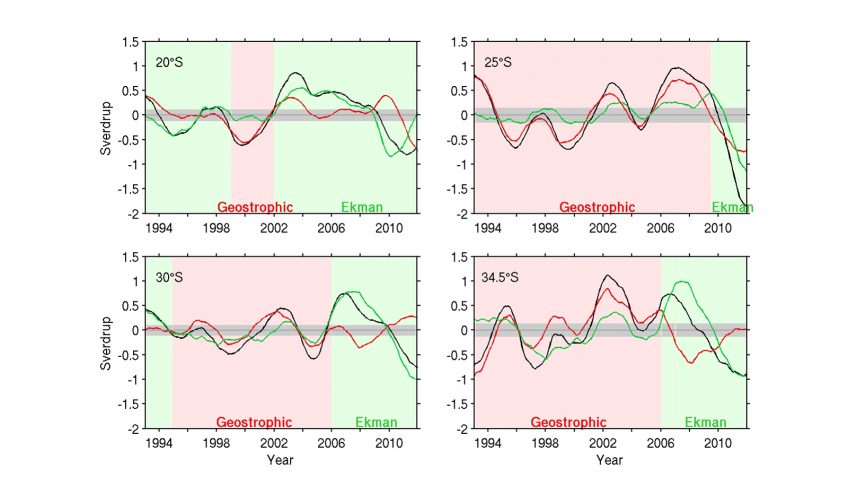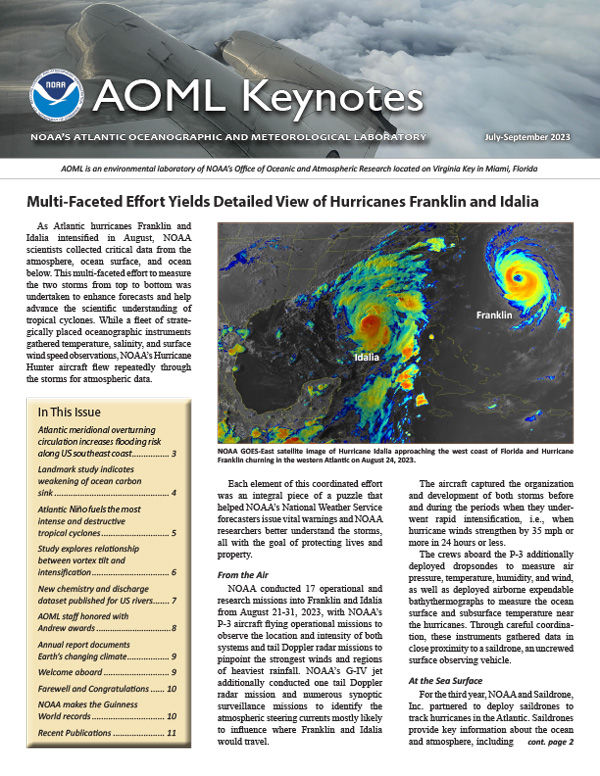Unmanned Ocean Gliders Head to Sea to Improve Hurricane Prediction: Partners are Helping Boost Ocean Data
NOAA’s hurricane gliders are heading to sea this week off the coasts of Puerto Rico, the Gulf of Mexico and the eastern U.S. to collect data that scientists will use to improve the accuracy of hurricane forecast models.
